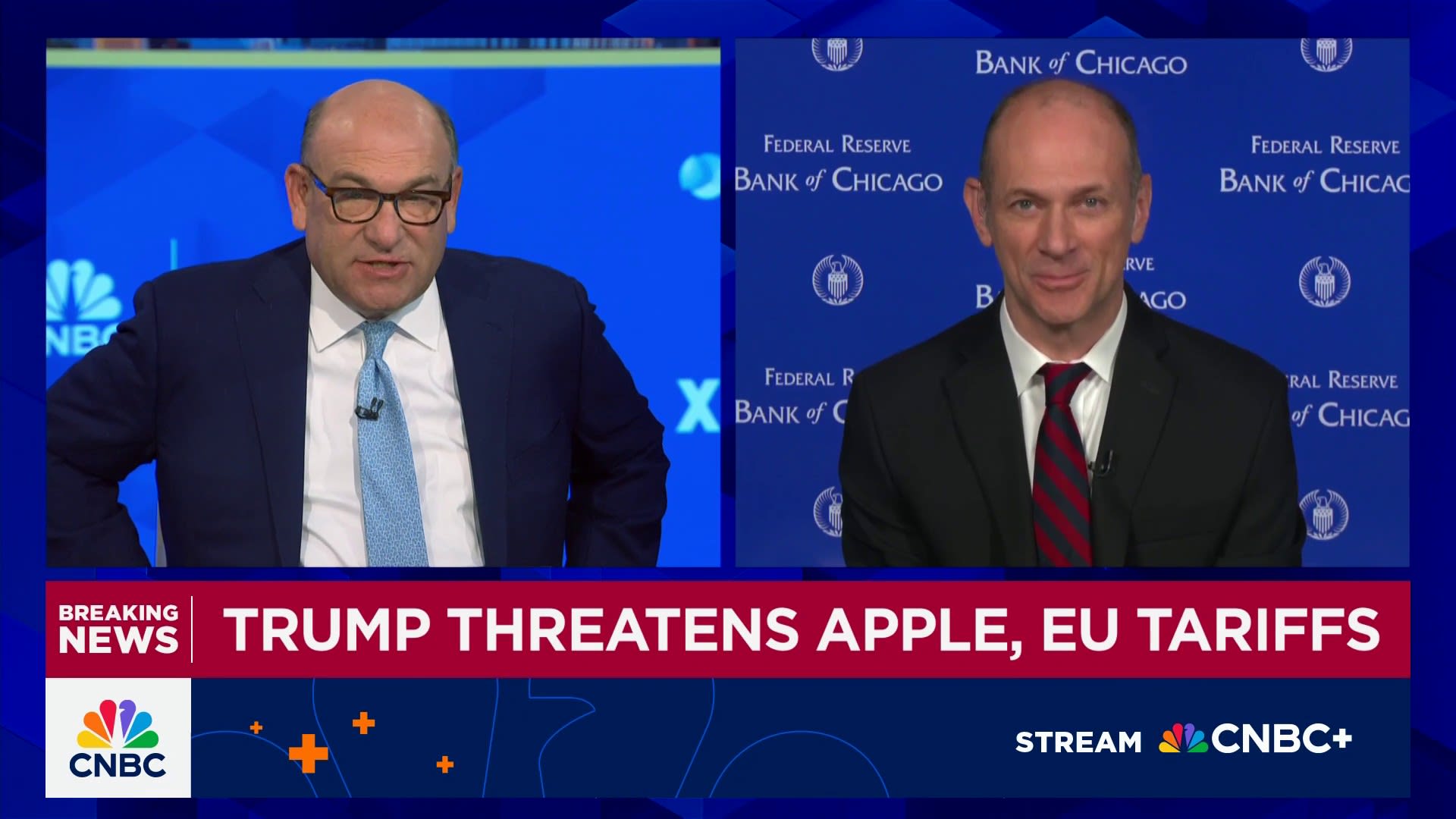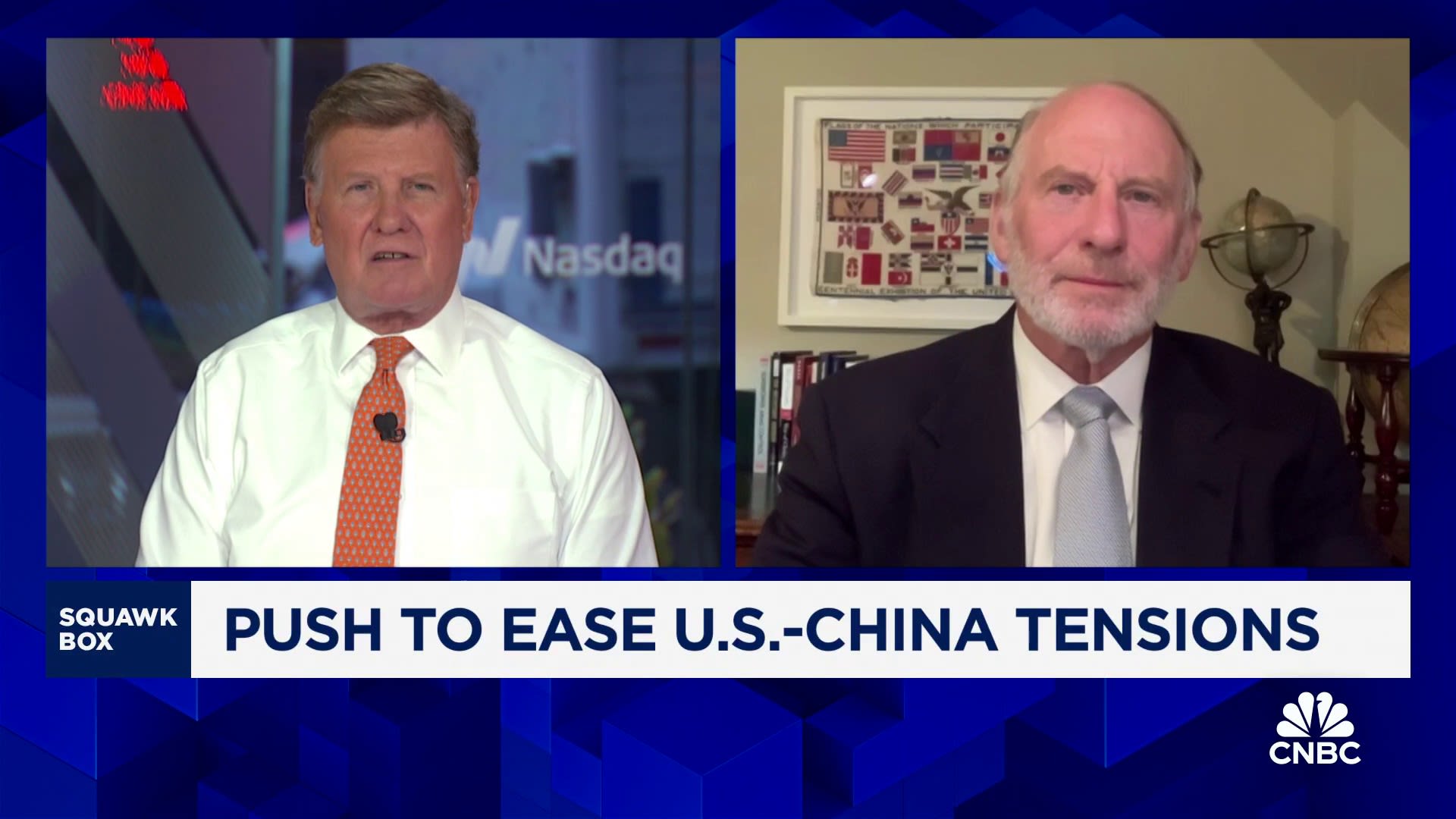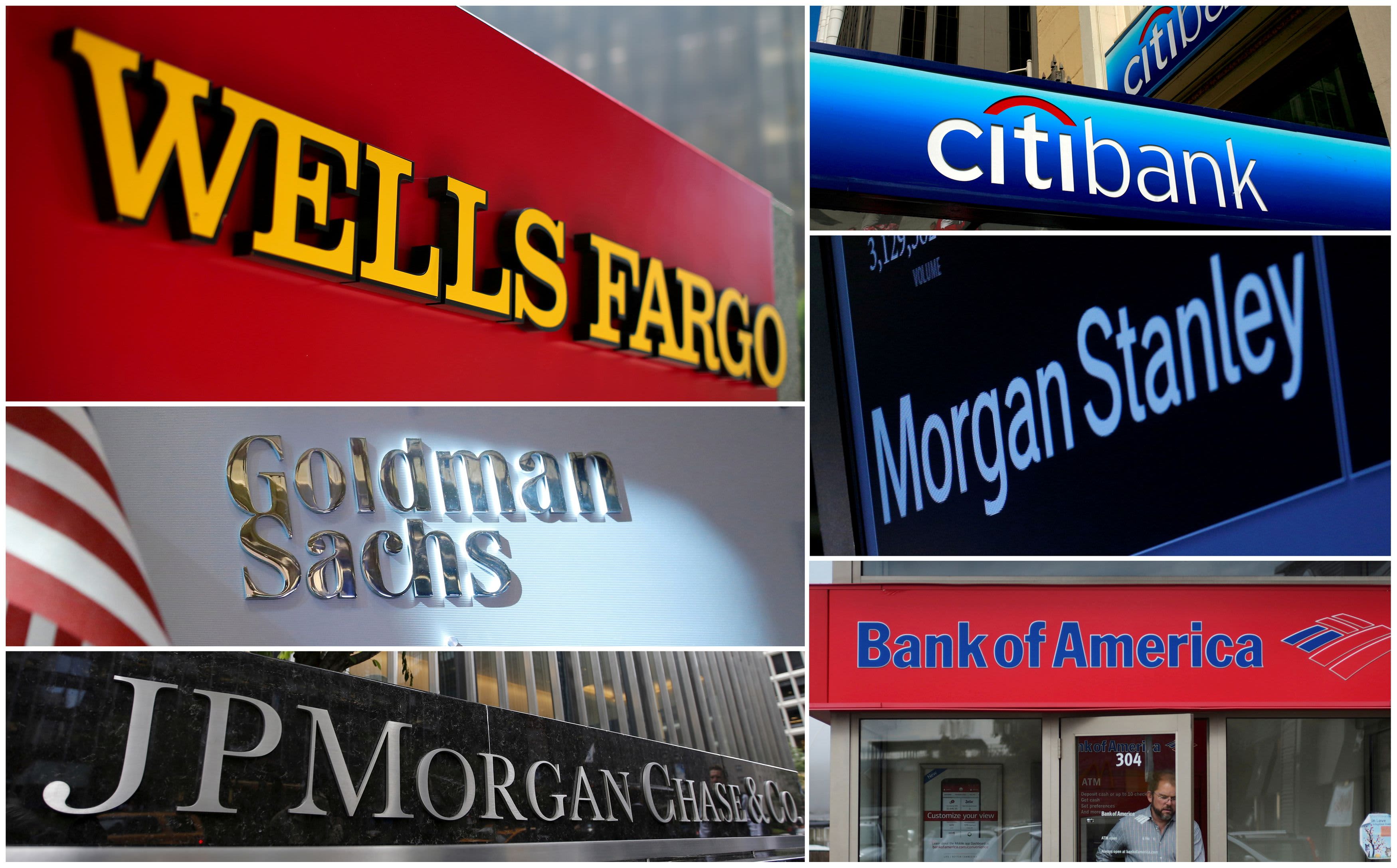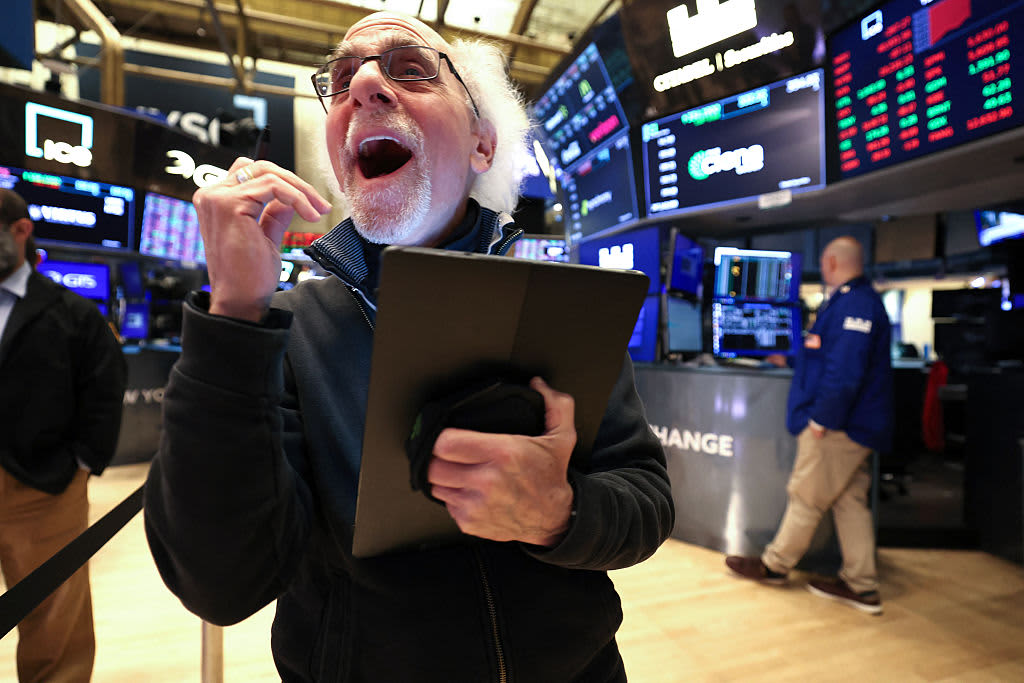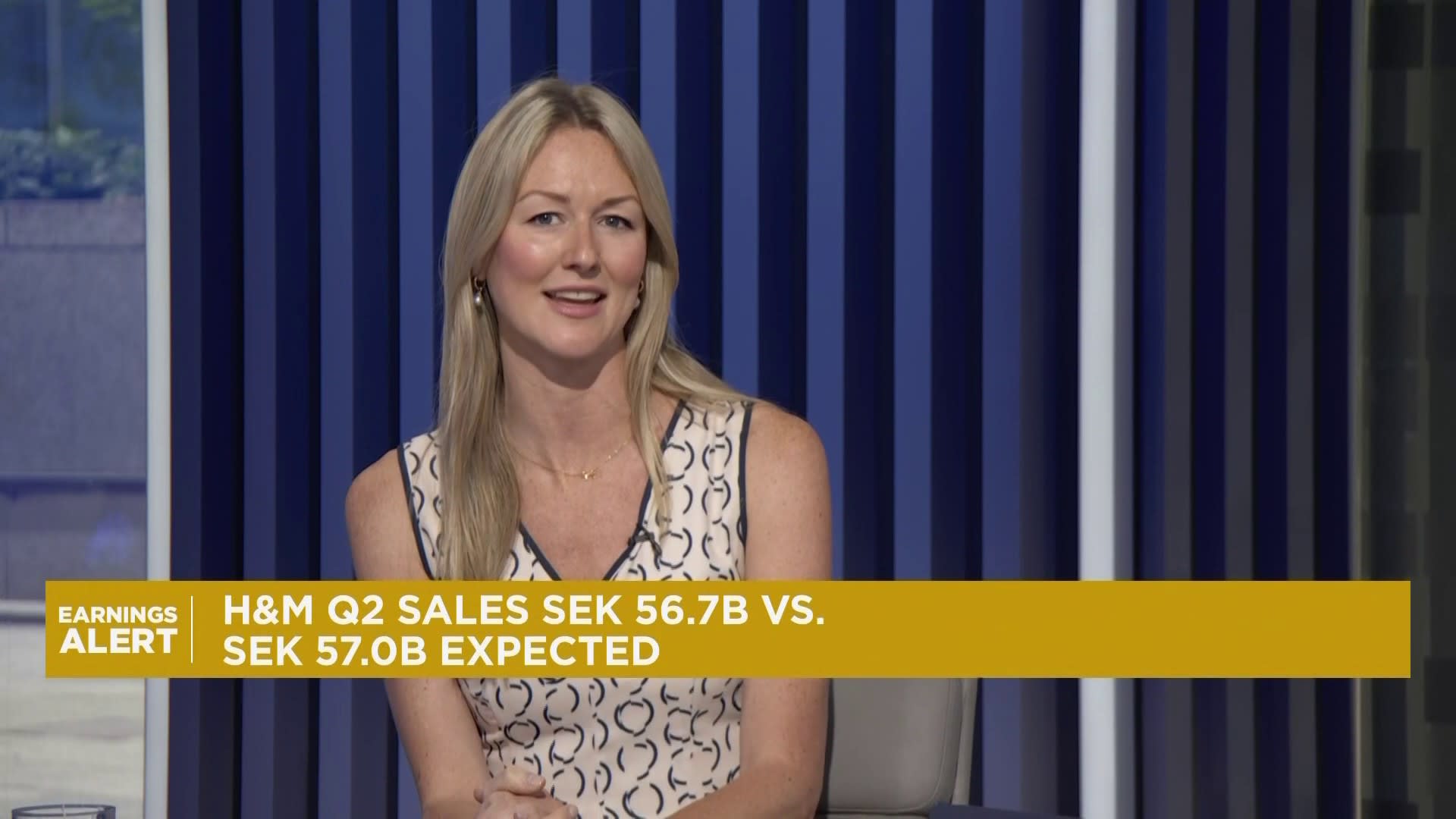Shoppers walk through the King of Prussia Mall, as global markets brace for a hit to trade and growth caused by U.S. President Donald Trump’s decision to impose import tariffs on dozens of countries, in King of Prussia, Pennsylvania, U.S., April 3, 2025.
Rachel Wisniewski | Reuters
America, at the start of 2025, is a tale of two consumers.
Lower-income earners are reining in their transactions to focus on essentials, while the wealthy continue to spend freely on perks including dining out and luxury travel, according to first-quarter results from U.S. credit card lenders.
As anxiety from the opening salvos of President Donald Trump‘s trade policies rippled through the country in recent months, investors and economists have wondered whether declines in consumer sentiment would spill into the real economy. There are some early signs of stress among those who are already more economically vulnerable.
For instance, at Synchrony, which provides store cards for retail brands including Lowe’s and T.J. Maxx, spending fell 4% in the first three months of the year, the company said last week.
That compares to a 6% spending jump at American Express and a similar rise at JPMorgan Chase, both of which cater to wealthier users with higher credit scores than Synchrony. AmEx said its customers spent 7% more on dining and 11% more on first class and business class airfare than a year earlier.
While the “consumer is still in pretty good shape” overall, they are “being selective around how they spend,” Synchrony CEO Brian Doubles told analysts on April 22.
Lower-income card users in particular “started tapering their spend about a year ago,” pulling back on discretionary and big ticket expenses as inflation ate into their buying power, Doubles said.
Falling behind
More Americans were already falling into debt while using their credit cards in the fourth quarter. The share of credit card users making only minimum monthly payments rose to 11.1%, the highest level in 12 years, according Federal Reserve Bank of Philadelphia data released this month.
But so far, credit card lenders catering to wealthier customers have been insulated from concerns about how tariffs, inflation and a possible recession later this year could impact consumer spending.
“It’s fair to say that the high end has held up better, and the low end has pulled back more,” Brian Foran, a Truist analyst covering banks, said in an email. “It’s been a common theme both speaking to credit card companies, and hearing from most of my colleagues covering consumer and retail.”
The split was also visible at Citigroup, a major player in the credit industry. While spending in the division that provides cards for retailers fell 5% in the quarter, plastic that carries the bank’s own brand — a cohort with higher credit scores — saw spending rise 3%.
Both Citigroup and Bread Financial, another provider of store and co-branded cards like Synchrony, said that consumer behavior shifted toward essentials and away from travel and entertainment on concern that tariffs would raise prices for some goods.
The dynamic boosts spending now, but it could mean weaker demand in the future.
“Consumers are buying more electronics, home furnishing, auto parts,” Bread CFO Perry Beberman said last week.
People are “trying to figure out, are they still going to buy that big TV or are they going to make some other choices if inflation comes through at some of the rates they could,” Beberman said. “That’s the real wildcard here.”
